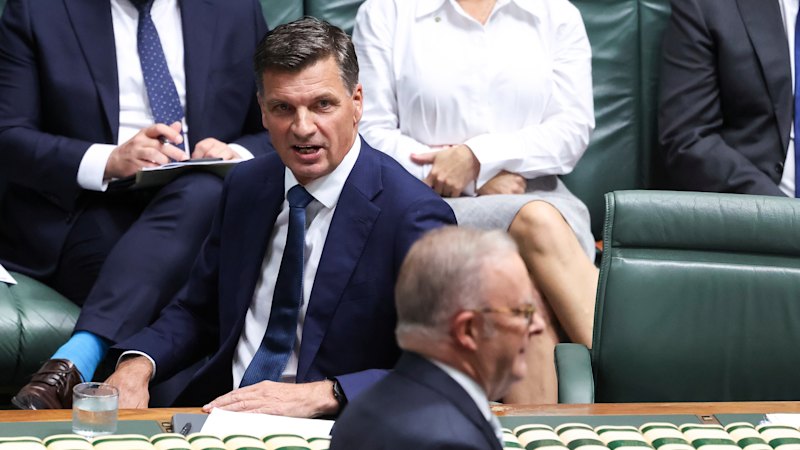
As dating app companies eagerly integrate generative AI into their platforms, experts warn of an impending “intimate authenticity crisis.” Whitney Wolfe Herd, founder of Bumble, envisions AI dating concierges that could interact on behalf of users to find compatible matches. Meanwhile, Grindr is developing an AI “wingman” expected by 2027, and Match Group, which owns Tinder, Hinge, and OK Cupid, is keen on AI’s potential to transform user experiences by enhancing the authenticity of human connections.
The integration of AI in online dating is no longer a futuristic concept—it’s already underway. Users can now enhance photos, craft engaging bios, and even receive conversation suggestions based on chat history. This technological shift aims to address the widespread “dating app fatigue” reported by many users, who feel disillusioned by the current dating landscape.
AI’s Appeal and User Enthusiasm
A survey by Cosmopolitan and Bumble found that 69% of Gen Z and millennial respondents are excited about AI’s potential to simplify and streamline dating. Furthermore, 86% believe AI could alleviate dating fatigue, with a significant number willing to share message histories with AI for improved interactions.
The allure of AI in dating is clear: it promises to make dating apps more engaging and effective. Some AI tools even claim to increase the number of dates tenfold, particularly appealing to men who typically receive fewer matches than women. However, this enthusiasm is not without its ethical dilemmas.
Ethical Concerns and Potential Pitfalls
The Ethical Dating Online Network, comprising over 30 academics, cautions that dating app companies must address ethical concerns before launching AI-driven products. They argue that while technology identifies issues like loneliness and social anxiety, relying on AI could erode essential interpersonal skills necessary for forming genuine relationships.
AI’s ability to replicate existing dating norms—often stressful and competitive—could exacerbate these issues. Instead of perpetuating high standards, dating apps could focus on creating a more relaxed and honest dating culture, possibly by rethinking pricing models and interface designs.
Risks of Misrepresentation and Exploitation
The potential for misrepresentation is another significant concern. While people have always embellished truths in dating, AI tools make it easier for bad actors to exploit vulnerabilities. AI-generated photos or conversations could facilitate fraud, grooming, and exploitation.
“Online dating awash with AI-generated material risks becoming a murky experience,” warns the Ethical Dating Online Network.
This could lead to an “intimate authenticity crisis,” where users struggle to find genuine connections amid AI-generated content. Women, in particular, may face increased challenges, as AI could amplify unwanted behaviors like harassment and timewasting.
Balancing Innovation with Responsibility
Despite the potential benefits, the integration of AI in dating apps requires careful consideration and responsible implementation. Without clear guidelines and transparency, AI’s impact on online intimacy could overshadow its advantages.
As AI continues to evolve, dating app companies must prioritize informed user choices and ethical practices. By fostering a transparent environment, they can help users navigate the complex interplay between technology and genuine human connection.
The future of AI in dating apps holds promise, but it also demands a commitment to ethical standards and user empowerment. As the industry moves forward, balancing innovation with responsibility will be crucial to ensuring that AI enhances rather than hinders the pursuit of authentic relationships.





